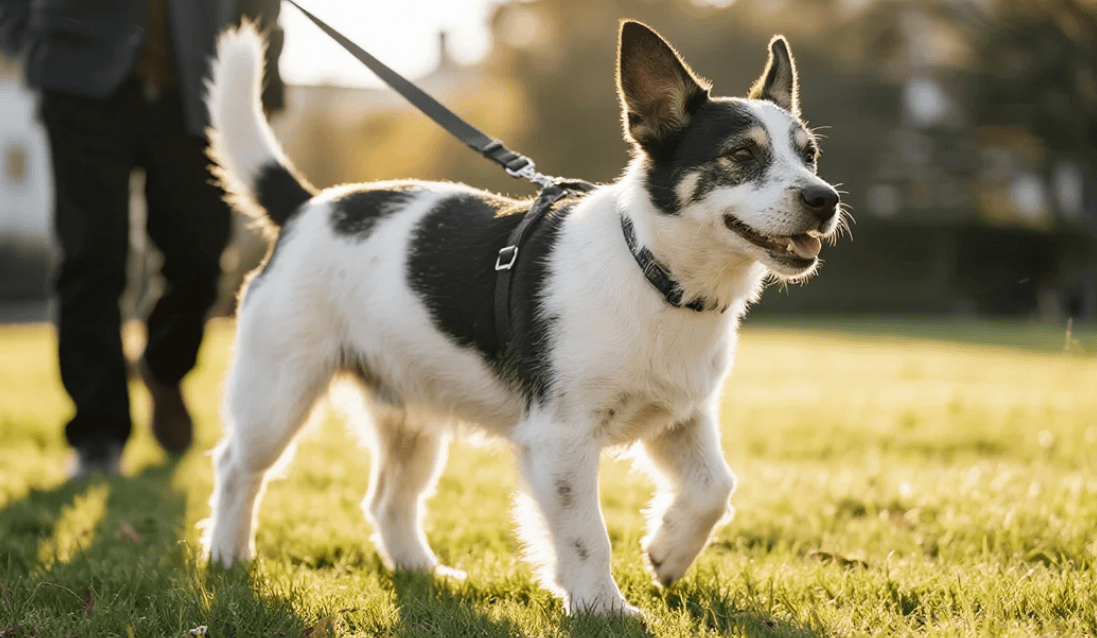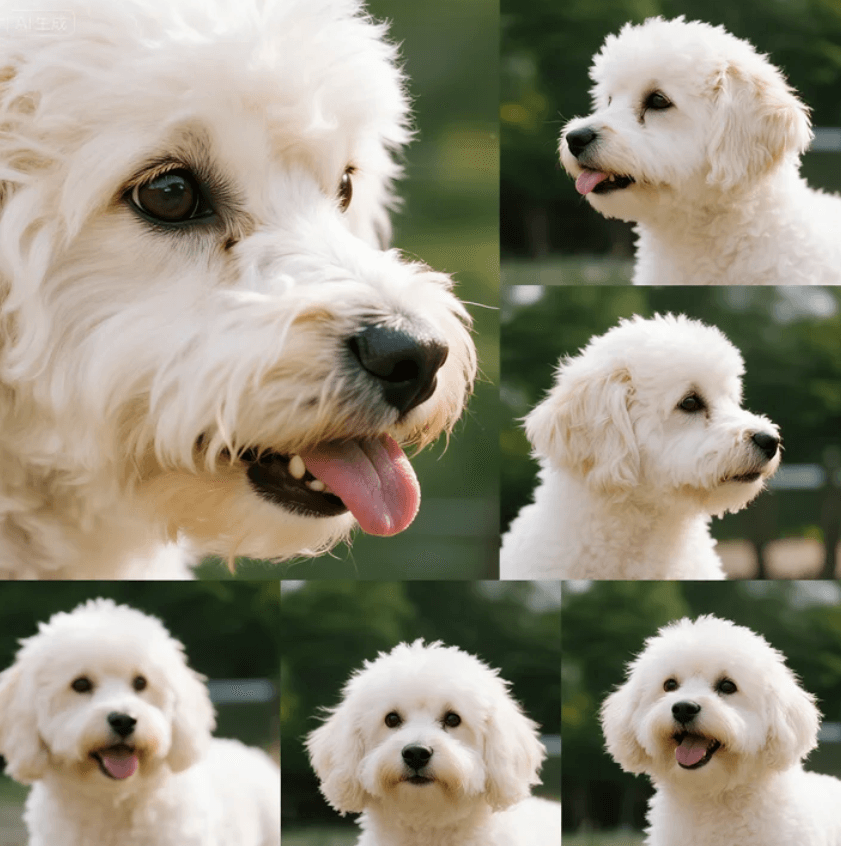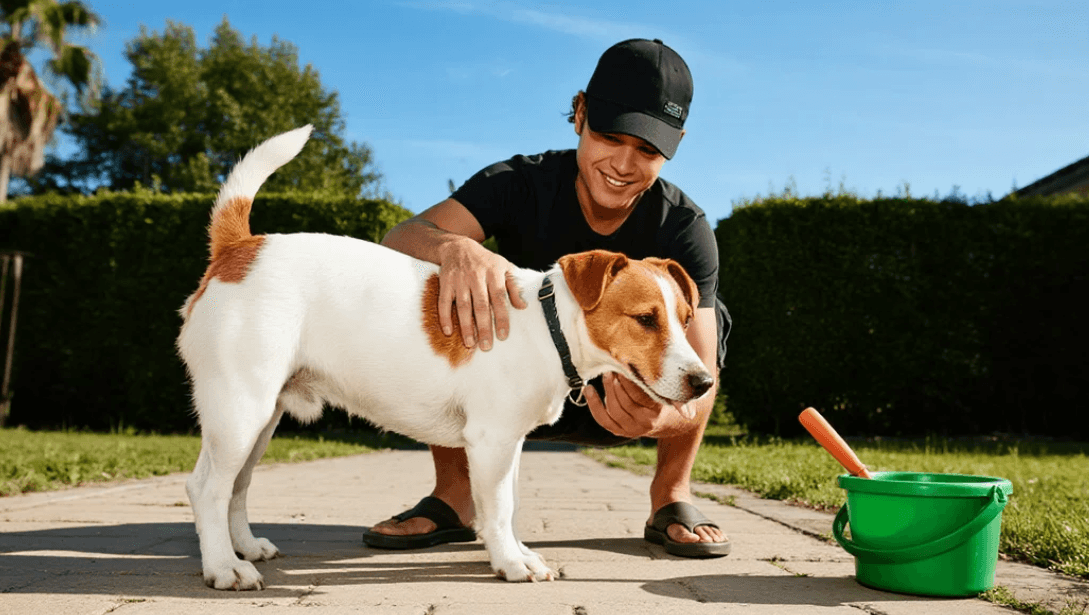Puppy Potty Training Regression: Causes, Fixes, and Prevention Tips

What Is Puppy Potty Training Regression?
Puppy potty training regression refers to the recurrence of house soiling accidents after a puppy had previously shown progress in their toilet training. This can be frustrating for pet owners, especially if the puppy seemed to have learned the rules already.
Understanding the reasons behind this regression and how to address it is essential for restoring consistency and cleanliness in your home.
Common Causes of Potty Training Regression in Puppies
Several factors can lead to a potty training setback in puppies. Identifying the underlying cause is the first step toward fixing the problem. Let’s explore the most common reasons:
1. Change in Environment
Moving to a new home or even rearranging furniture can confuse a young puppy. New smells, unfamiliar surroundings, or different routines may lead to uncertainty about where it’s okay to go potty.
2. Disrupted Routine
Puppies thrive on consistency. If your schedule changes due to work, travel, or personal obligations, your puppy might miss scheduled potty breaks, leading to accidents.
3. Medical Issues
Infections, gastrointestinal problems, or urinary tract infections (UTIs) can lead to loss of bladder control. If your house-trained puppy suddenly has frequent accidents, consult a vet to rule out health problems.
4. Stress or Anxiety
New family members, visitors, loud noises, or other dogs can make your puppy feel insecure. Separation anxiety is another common issue that can lead to potty training regression.
5. Overestimation of Training Progress
Many dog owners stop reinforcing potty habits too soon. Puppies may still be learning, even if they’ve had a week or two without accidents. Premature trust in their reliability can result in setbacks.
How to Fix Puppy Potty Training Regression
The good news is that most regressions are temporary and can be resolved with patience and the right strategy. Here are proven steps to get your puppy back on track.
1. Re-establish a Potty Schedule
Take your puppy outside first thing in the morning, after meals, naps, playtime, and right before bed. Reward them every time they go to the appropriate spot. Consistency is key.
2. Monitor Food and Water Intake
Keeping track of when your puppy eats and drinks will help you anticipate when they’ll need to eliminate. Feed on a schedule and avoid giving food or water too close to bedtime.
3. Supervise and Limit Freedom
Allow your puppy to have free access to larger spaces only when you’re sure they can hold it. Use baby gates or leashes to limit their range. Keep an eye on their behavior for signs they need to go.
4. Clean Up Accidents Thoroughly
Use enzymatic cleaners to remove all traces of urine or feces. This helps prevent repeat offenses in the same spot due to lingering smells.
5. Reward-Based Training
Praise and treat your puppy every time they potty outside. Avoid punishment, as it can create fear and worsen the issue. Focus on positive reinforcement instead.
6. Reintroduce Crate Training
A crate helps teach bladder control and keeps accidents confined. Make sure the crate is the right size—big enough for comfort, but not so large that your puppy can eliminate in one corner.
When to Seek Professional Help
If you’ve tried consistent training without progress, it might be time to consult a professional dog trainer or a veterinarian. Some cases of regression stem from underlying behavioral or medical conditions that require expert attention.
How to Prevent Potty Training Regression in Puppies
Prevention is always better than correction. Here are proactive tips to prevent future potty training setbacks.
1. Maintain a Consistent Routine
Try to feed, walk, and potty your puppy at the same times every day. Dogs love predictability, and routines create a stable learning environment.
2. Gradually Increase Freedom
As your puppy progresses, increase their access to the house slowly. Don’t rush the process—monitor behavior and adjust accordingly.
3. Use Potty Bells
Potty bells teach puppies to signal when they need to go out. Hang bells near the door and ring them before each potty break to build an association.
4. Socialization and Confidence Building
Help your puppy adapt to new environments and people in a positive way. Confident dogs are less likely to experience stress-related regression.
FAQs on Puppy Potty Training Regression
Q1: Is potty training regression normal?
Yes, it’s quite common and usually temporary. Most puppies experience some setbacks before becoming fully house-trained.
Q2: How long does it take to retrain a regressed puppy?
With consistency, many puppies bounce back within a few days to weeks. The key is patience and not rushing the process.
Q3: Should I punish my puppy for accidents?
No. Punishment often creates fear and confusion. Instead, focus on positive reinforcement and improving your timing and supervision.
Q4: Can older dogs also experience potty training regression?
Yes, older dogs may regress due to age-related issues, stress, or health problems. The retraining process is similar but might require more time and medical evaluation.
Final Thoughts: Stay Calm and Stay Consistent
Puppy potty training regression can be frustrating, but it’s a normal part of development for many dogs. With structure, patience, and positive reinforcement, you’ll help your puppy relearn the right habits and avoid long-term issues.
Remember, the journey to a fully house-trained dog is not always linear, but with your guidance, your puppy will get there.
 Related Articles
Related Articles





